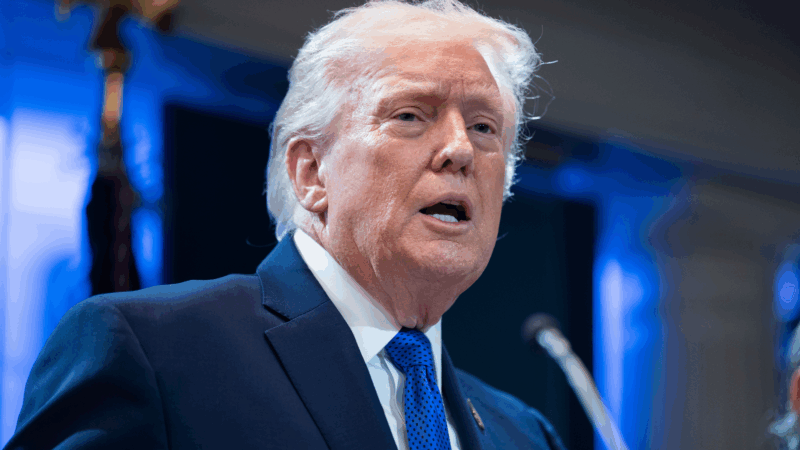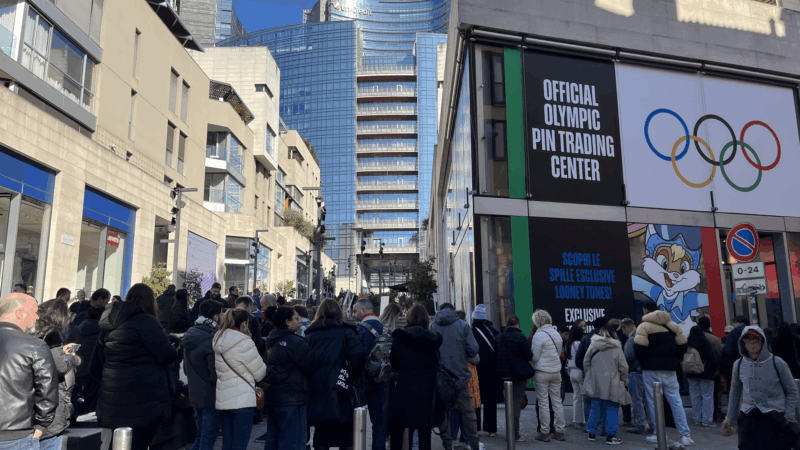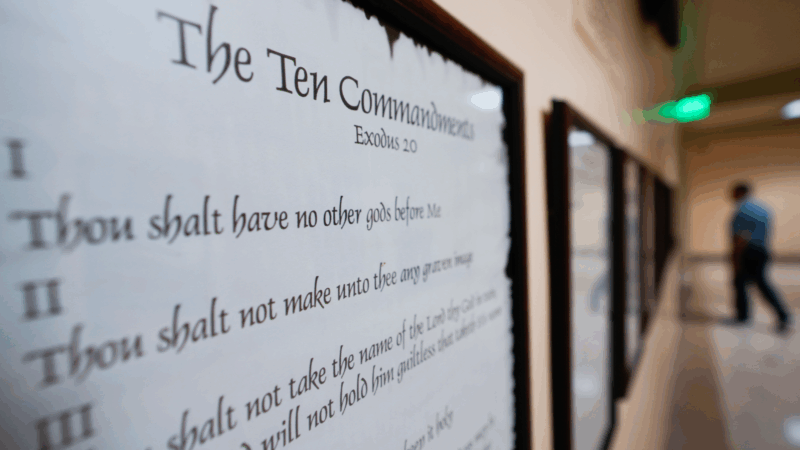Sports Tourism Is Big Business in Birmingham, but Not Big Enough, Study Says

By Robert Carter
Even with more athletic fields at the Hoover Met Complex, greater Birmingham needs additional sports facilities to compete with cities such as Westfield, Indiana and Elizabethtown, Kentucky.
Never heard of those cities? If you have a child who competes on a “travel ball” team, you probably have. A study commissioned by the Greater Birmingham Convention and Visitors Bureau says that those two cities are Birmingham’s primary competitors for large sports tournaments.
The bureau released the study’s findings Sept. 27. It was conducted by Phoenix-based Huddle Up Sports and is based on a survey of available sports venues in metro Birmingham. The company also conducted interviews with various stakeholders in the sports tourism industry, a segment of the local economy that caters not just to college and professional sports organizers and fans but also to followers of youth and amateur sports tournaments that bring in hundreds of teams, competitors, families and officials.
Metro Birmingham has made a big push in sports tourism, primarily with Birmingham Crossplex and the expanded Hoover Met Complex plus use of existing smaller facilities such as Blackwatch Sports Performance, formerly known as Sports Blast Soccer Complex, in north Shelby County. Those facilities are seeing increased use for events focused on out-of-town teams.
The coming construction of a new downtown football stadium next to the Birmingham-Jefferson Convention Complex, as well as a major renovation underway of the BJCC itself, will add to the available sites for tournament competition in a wide variety of sports.
But even with all those facilities, Birmingham is falling behind other cities, some of which are much smaller in population but which have gone all-in on the burgeoning sports tourism sector.
Checking Out the Competition
One of the biggest of those is Westfield, just north of Indianapolis, a city that has quadrupled in population since 2000 and now has nearly 40,000 residents. It’s the home of Grand Park, a facility that lives up to its name — billed as the largest sports complex in the country with more than two dozen diamond fields, 31 “flat” multi-purpose fields outdoors and several more indoors, plus another indoor facility for court sports. It’s also the training-camp home of the NFL’s Indianapolis Colts.
Elizabethtown, located about 45 miles south of Louisville and home to about 29,000 residents, used the proceeds from a food and beverage tax to build a complex with 12 diamonds and 14 flat fields. That park opened in 2012, and a study commissioned by the city’s tourism board showed that 49 events in the most recent year brought in approximately $20 million in business to the area. The city is considering adding even more fields.
By contrast, a recent expansion of the Hoover Met Complex has added five full-size baseball fields – one grass and four artificial turf that can be divided in two for younger competitors – that opened in August. Five additional flat fields will be opened in early 2019, and 16 tennis courts will come online next year.
Coupled with the indoor Finley Center and its large capacity for multiple basketball or volleyball courts, the Met Complex is the largest in north and central Alabama, but it still is behind Westfield, Elizabethtown and the Lake Point mega-complex north of Atlanta. The study specifically pointed out that the complex doesn’t have enough baseball fields for the biggest events, and the flat fields coming online later are insufficient for large tournaments.
That shortfall is evident when major competitions such as the Red Diamond Classic, formerly called the Vulcan Cup, soccer tournament come to town. It’s one of the largest youth sports events in the state, but that popularity means that game fields are cobbled together from four sites throughout Over-the-Mountain cities. With 140 boys’ teams in the first weekend and a similar number of girls’ teams a week later, there’s no one site large enough to host the tournament.
“Without strong outdoor options, Birmingham will be fighting an uphill battle against communities with bigger and better facilities,” the study summarized. “The high level of competition from nearby communities is only the beginning. This growing competition makes it more difficult each day for Birmingham and Jefferson County to remain relevant.”
Event Promoters a Plus
The Huddle Up report also made several recommendations on improving use of other facilities, maintaining a regular corps of volunteers to help with operations of larger events, coordinating schedules with various venues, and even encouraging existing event organizers to create more events to attract visitors.
“Birmingham has one of the strongest collections of successful locally based event promoters that the consultant team has encountered,” the report said, specifically citing well-known groups such as the Bruno Event Team/Alabama Sports Council, the Southeastern Conference, Knight Eady, ESPN and the Bass Angler Sportsman Society (BASS). Huddle Up suggested that the visitors’ bureau work with these organizations to develop additional events.
Metro Birmingham is well known for hosting several large sports events that are focused on spectators, such as the IndyCar race at Barber Motorsports Park, the Regions Tradition golf tournament, and the handful of college football games remaining at Legion Field such as the Magic City Classic. While those events draw many people, most do not compare to youth and amateur sports tournaments in terms of hotel nights, length of stay and other spending for meals and merchandise. Only the SEC Baseball Tournament at Hoover annually draws large out-of-town crowds for long periods that compare with big youth tournaments.
The study also recommended finding more tax money to attract and hold events, such as additional lodging taxes. That may be problematic for Birmingham and surrounding communities, where those taxes already are at relatively high rates. Birmingham’s overall rate is 17½ percent, including state and county taxes. That’s one of the highest in the Southeast. Hotel operators in Hoover recently fought the City Council over a proposed increase in their lodging tax from 3 percent to 6 percent, which would have put the overall rate at 17 percent. The council struck a compromise that would, instead, add a flat fee of $2.50 per night above the current 3 percent city tax rate.
The importance of sports tourism to metro Birmingham can be shown by the financial impact on hotels. Huddle Up’s study said that sports tourism resulted in more than 193,000 room-nights for local hotels last year. Using a conservative estimate of $110 paid per room-night results in an overall financial impact for hotels alone of more than $200 million.
Trump to raise global tariffs to 15%
President Trump previously said he would implement 10% global tariffs after the U.S. Supreme Court struck down his tariff policies.
Pin trading has taken over the Olympics. Here’s what it’s like in Milan
Pin trading has become a hallmark of the Olympics in recent decades — and not just for athletes. An official trading center in Milan was a hotspot for longtime collectors and curious newcomers alike.
US military airlifts small reactor as Trump pushes to quickly deploy nuclear power
The Pentagon and the Energy Department have airlifted a small nuclear reactor from California to Utah, demonstrating what they say is potential for the U.S. to quickly deploy nuclear power for military and civilian use.
How Nazgul the wolfdog made his run for Winter Olympic glory in Italy
Nazgul isn't talking, but his owners come clean about how he got loose, got famous, and how they feel now
Court clears way for Louisiana law requiring Ten Commandments in classrooms to take effect
The 5th U.S. Circuit Court of Appeals has cleared the way for a Louisiana law requiring displays of the Ten Commandments in public classrooms to take effect.
From cubicles to kitchens: How empty offices are becoming homes
Many U.S. cities have too many office buildings and not enough homes. Developers are now converting some old offices into apartments and condos, but it's going slowly.





